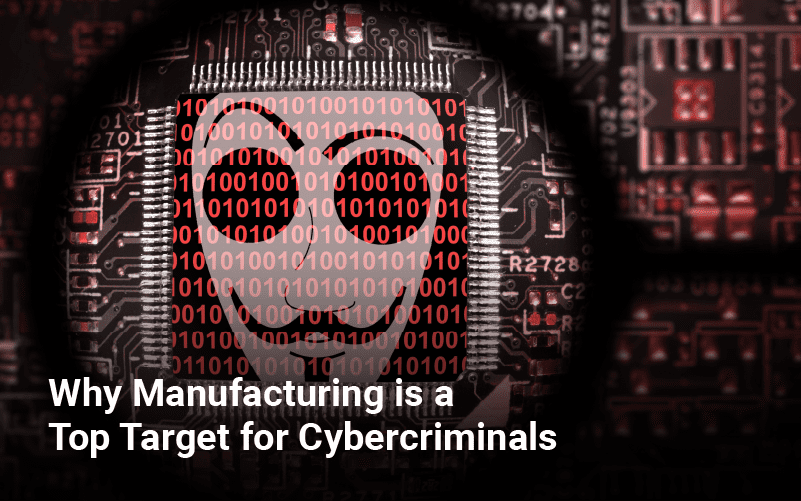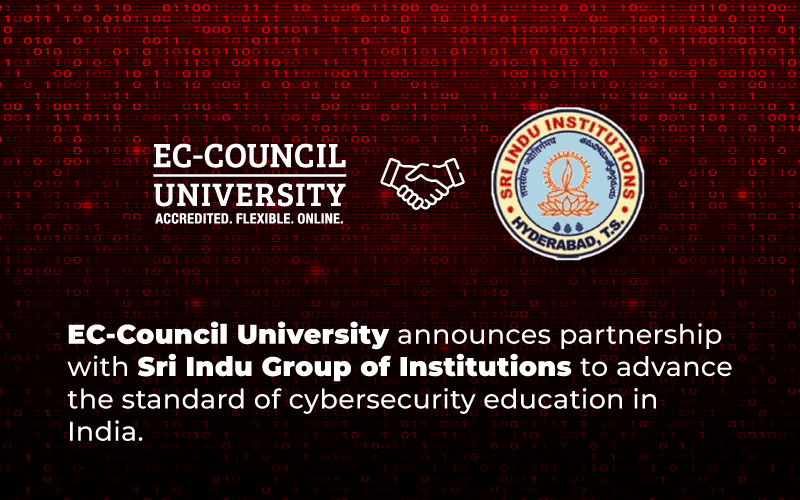Manufacturers worldwide are making cybersecurity strategies important as the industry undergoes rapid digital transformation and cybercrime continues to soar. An increasing number of cyberattacks target manufacturing companies, which represent the foundation of the world’s manufacturing economy. However, why do hackers find factories and industrial complexes so appealing?
Manufacturers typically have a unique set of vulnerabilities and potential financial enticements, making them lucrative targets for attackers looking to disrupt and profit. Let’s explore the factors that make manufacturing a prime target and consider ways to reduce its associated risks.
Why Cybercriminals Target Manufacturers
Manufacturers are enticing targets for cyberattacks due to the following significant components:
- Mission-Critical Systems: To control production processes, modern factories rely on intricately linked systems. The digital spine of the business is made up of these systems, which include Supervisory Control, Data Acquisition, and Industrial Control Systems infrastructure. A successful cyberattack on these systems has the potential to seriously disrupt operations, resulting in missed deadlines, production stops, and large financial losses.
- Financial gains: Downtime is extremely costly for manufacturers operating in a highly competitive industry. Taking advantage of this vulnerability, hackers frequently use ransomware attacks to block out a company’s data and ability to operate until a sizable ransom is paid.
- The Ripple Effect: Modern supply chains are linked, which increases their complexity and fragility. A successful assault on one firm may affect its partners, suppliers, and eventually customers. The “ripple effect” gives hackers the ability to cause the most disruption and perhaps threaten other businesses in the chain.
- Outdated Software: A lot of firms rely on legacy software systems that might not have the most recent security patches, especially those in well-established sectors. Hackers can use these out-of-date systems’ well-known weaknesses to access vital networks. This problem is brought to light by a Fortinet Global Report, which shows that 75% of operational technology organizations experienced at least one intrusion in 2023. (Fortinet, 2023)
These factors present an attractive target for cybercriminals. By exploiting vulnerabilities and initiating ransomware attacks, hackers can disrupt production schedules and extort firms for financial gain. Moreover, these disruptions may provide opportunities for the theft of critical intellectual property.
Understanding Through Case Studies
If not taken seriously, cyberattacks may have disastrous effects on manufacturers.
Here are some real-world examples:
- TRITON Attack (2017): In Industry 4.0, where even minute system failures, such as those involving heavy machinery or environmental sensors, can have serious consequences, safety is critical. Critical safety measures are provided by Safety Instrumented Systems (SIS), which identify threats and either bring processes back to a safe state or completely stop them. In 2017, Saudi oil refineries were hit by the Triton attack, which targeted Schneider Electric’s Triconex SIS controllers. In contrast to other assaults such as Stuxnet, Triton was specifically designed to breach safety systems, hence posing a risk to human life. Using vulnerabilities such as buffer overflows and zero-day privilege escalation, the attackers attempted to modify system components, which could have triggered explosions or discharged poisonous gasses. However, a security flaw in their programming restricted the impact to brief shutdowns, saving lives and averting significant harm.
- JBS Ransomware Attack (2021): The world’s largest meat distributor, JBS Foods, was the target of a cyberattack on May 30, 2021, which highlights the growing threat that cyberattacks represent to vital businesses like food production. The attack, which was officially attributed to the REvil organization, exposed loopholes in supply chain security and outdated processes, resulting in plant shutdowns and a $11 million ransom payment.
The JBS hack highlights the critical need for strong cybersecurity safeguards across manufacturing industries, like the Colonial Pipeline incident when the ransomware attack impacted petroleum deliveries. The food and beverage industry is exceptionally vulnerable to cyber-attacks because of the digital transition, which has left traditional operational technology (OT) more vulnerable. To maintain operational resilience, recommendations include creating network segmentation, improving system visibility, and routinely testing incident response plans. Ensuring the security of vital infrastructure is crucial for preserving business continuity and protecting supply chains from cyberattacks, considering the constant evolution of cyber threats.
These events demonstrate the actual impact of cyberattacks on the manufacturing industry. Apart from instantaneous financial losses, these types of attacks can have far-reaching implications on global supply networks and consumer safety.
Establishing a Stronghold: Cyber Defense Strategies
However, manufacturers have some authority over this expanding threat. The following are some crucial strategies to reduce cyber risks:
- Invest In Cybersecurity: Cybersecurity is an essential investment in your company’s future, not something you should skimp on. This entails setting aside funds to apply the most recent security patches to software systems, putting strong access restrictions in place, and regularly doing penetration tests to find weaknesses.
- Divide Up Your Network: By segmenting your network, you can reduce the possible harm that a cyberattack can bring about. Critical infrastructure should be divided and kept apart from less sensitive regions.
- Regular Data Backups: They are your first line of defense against cyberattacks. By implementing a thorough backup plan that includes both local and off-site backups, you can reduce downtime and promptly recover important data in the event of an attack.
- Stay Up to Date: The natural setting of cyber attacks is always expanding. Manufacturers must stay updated on the most recent cyber threats and vulnerabilities unique to their sector. Staying up to date can be accomplished by attending essential conferences and subscribing to industry security alerts.
- Familiarize Your Staff:When it comes to safeguarding against cyberattacks, employees are sometimes the first to react. Consistent cybersecurity instructional sessions may provide your employees with the skills they need to spot phishing scams, fraudulent email messages, and social engineering techniques.
- Adopt Cloud Technologies: Manufacturers may benefit from enhanced scalability, alternatives for data backup and recovery, and access to cutting-edge security solutions when using cloud computing. Before transferring sensitive data, it is imperative to thoroughly evaluate the security posture of any cloud service provider.
Implementing these techniques can considerably enhance manufacturers’ defenses against cybersecurity threats and make them the least intriguing targets for hackers.
A Manufacturing Landscape that is Future-Proof
The manufacturing industry is facing a major issue due to the increase in cybercrime. However, manufacturers might establish a more secure and resilient future by being aware of the threats and acting proactively to reduce risks. In this never-ending fight, investing in cybersecurity measures, training staff members, and cultivating a security-aware culture are all essential first steps. Manufacturers can defend their bottom line and the integrity of the global supply chain by cooperating and implementing a comprehensive cyber security strategy that guarantees the uninterrupted functioning of their vital processes.
How can EC-Council University help with this?
In navigating the challenges posed by cybercrime in the manufacturing sector, EC-Council University offers a valuable resource through its Master of Science in Computer Science program. This program not only equips individuals with comprehensive knowledge and skills in cybersecurity but also provides two highly sought-after certifications: Certified Network Defender (CND) and Certified Ethical Hacker (CEH). These certifications are industry-recognized and demonstrate proficiency in defending networks and understanding hacker methodologies. Moreover, the master’s degree program extends beyond certification training, offering a deeper exploration into specialized areas of expertise relevant to cybersecurity in manufacturing.
References
Fortinet. (2023). Fortinet Global. Retrieved from Fortinet: https://www.fortinet.com/corporate/about-us/newsroom/press-releases/2023/fortinet-global-report-finds-75-percent-ot-organizations-experienced-intrusion-last-year








